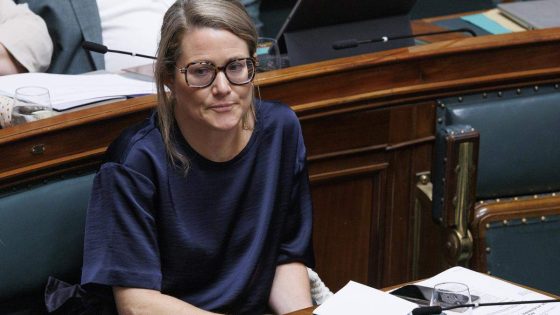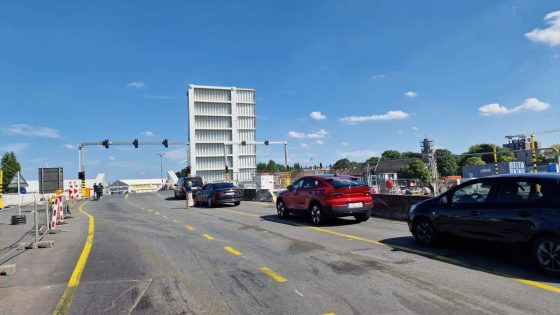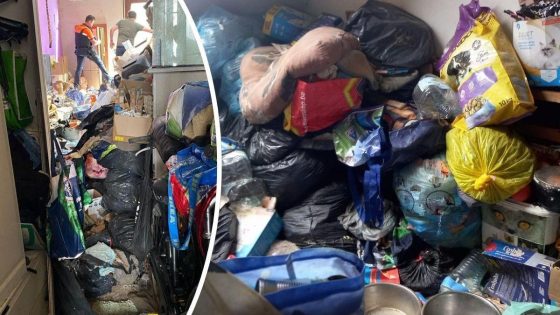The ongoing tensions surrounding asylum policies in the Low Countries are capturing headlines once again. As of 2025-08-06 00:19:00, the debate intensifies over the so-called “strictest asylum policy ever” implemented in the Netherlands. This hardline approach has not only stirred nerves domestically but also raised concerns about Belgium‘s adherence to judicial rulings on asylum seekers.
- Stricter asylum policy frustrates the Netherlands
- Belgium allegedly ignores judicial rulings
- Asylum dispute escalates between Netherlands and Belgium
- Criminal gangs operate in Belgian asylum centers
- Dutch media highlight cross-border asylum tensions
Compounding the issue, reports suggest a growing rift between Belgium and the Netherlands linked to criminal activities within reception centres on the Belgian side. Could these developments threaten cross-border cooperation on asylum matters? And what does this mean for Belgium’s reputation as a responsible host for refugees?
Understanding these dynamics is crucial, especially for Belgian residents who are closely observing how national policies and regional relations evolve. Here is a concise overview of the situation and its local implications.
Why is Belgium under scrutiny, and what are the potential consequences of this dispute? The situation raises important questions about policy alignment and security:
- Belgium is accused of not fully complying with asylum-related court decisions, causing frustration in the Netherlands.
- Criminal gangs operating in Belgian asylum centres have heightened concerns about safety and governance.
- The discord risks undermining joint efforts to manage asylum flows effectively in the region.
- Belgian authorities must balance humane treatment of refugees with maintaining public order and international cooperation.
Looking ahead, Belgium faces a critical moment to reaffirm its commitment to fair asylum procedures while collaborating constructively with neighbours. Will policymakers rise to the challenge and restore trust? The coming months will be decisive for Belgium’s role in shaping a sustainable regional asylum framework.
































